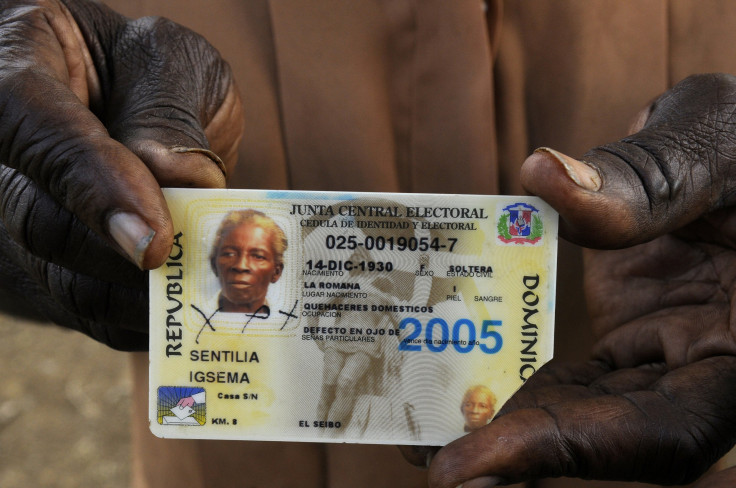
The Associated Press reports that a September ruling on citizenship from the supreme court of the Dominican Republic has sparked increasing fear, even among those who are citizens of the Caribbean island nation. The news service gives the example of 29-year-old Wilver Cuevas Betances, who was born in the Dominican Republic and had never left until soldiers at a bus station in Santo Domingo demanded he show them a passport, which he did not have, as proof of his citizenship. Betances, who under the new law still qualifies as a Dominican citizen, was deported to the Haitian capital of Port-au-Prince.
"I have nothing here," he told the AP as he sat in the office of a migrant assistance group in Port-au-Prince. "I don't know anyone." Betances, who works as a bricklayer, does not speak French Creole, and says his only connection to Haiti was through a dead grandfather, who was from there. Under the court's ruling, people with at least one legal-resident parent would still be considered Dominican citizens, which would make Betances' deportation an illegal one. But his case puts into the spotlight the unintended consequences which the court's decision has had. Immigrant advocates say they've received cases in which people have been deported from the country based on little suspicion other than the color of their skin. "Blacks are hardly going out because they're picking up a lot of dark-skinned people," Betances concurred.
In the Dominican Constitutional Court's decision this September, the court found that being born in the country did not mean automatic citizenship, and directed officials there to go back into voter registration books to purge them of noncitizens. That group of noncitizens, they found, would include people born to non-legal residents - "migrants in transit" - as far back as 1929. Immigrant advocates in the country say as many as 200,000 people could see their citizenship stripped as a result, along with work and study authorization, though the government puts the estimate at around 24,000.
RELATED: Dominican Republic Strips Citizenship From Children Of Undocumented Immigrants
© 2025 Latin Times. All rights reserved. Do not reproduce without permission.




